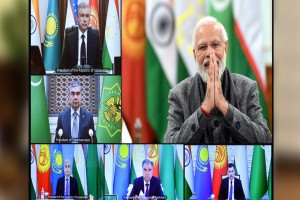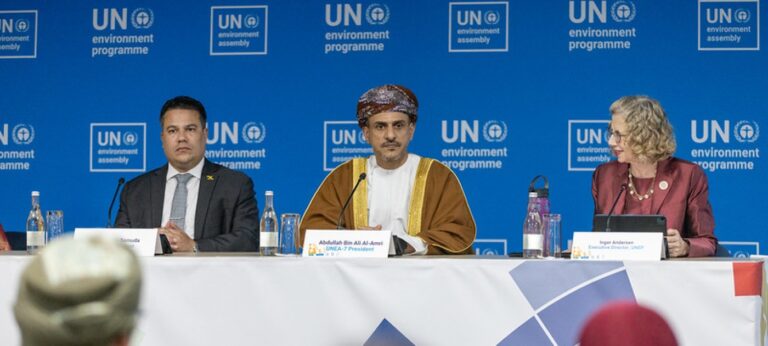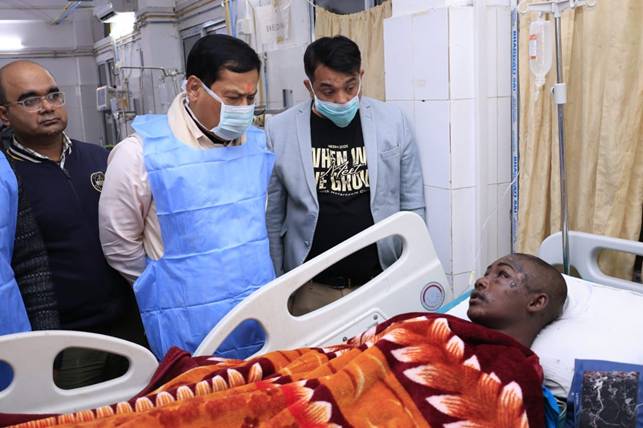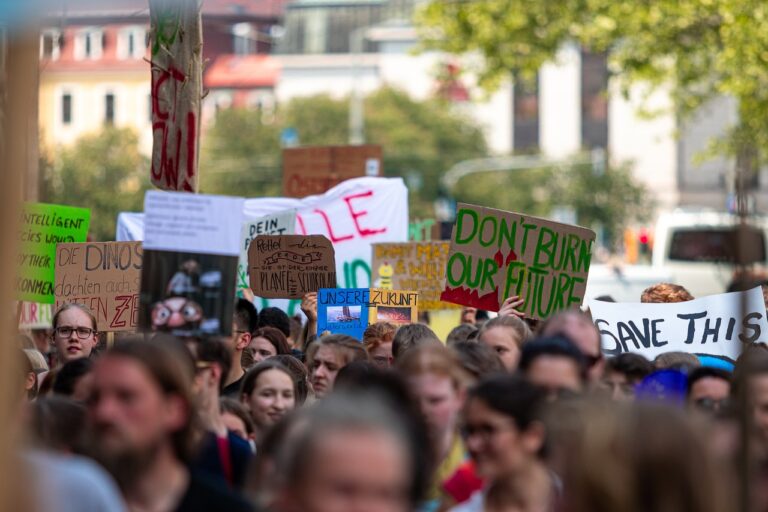
New Delhi: Prime Minister Narendra Modi hosted the first India-Central Asia Summit in virtual format today, which was attended by Presidents of the Republic of Kazakhstan, Kyrgyz Republic, Republic of Tajikistan, Turkmenistan and Republic of Uzbekistan. This first India-Central Asia coincided with the 30th anniversary of establishment of diplomatic relations between India and Central Asian countries. Incidentally, Chinese President Xi Jinping too had chaired a virtual summit to commemorate the 30th anniversary of diplomatic relations between China and Central Asian Countries in Beijing on January 25, 2022.
Modi pointed out that while Kazakhstan has become a vital partner for India’s energy security, Kyrgyzstan has emerged a key partner in the field of education and high-altitude research, with thousands of Indian students studying there. With Tajikistan, India has a longstanding cooperation in the field of security. Turkmenistan is an important part of Indian vision in the field of regional connectivity, which is evident from India’s participation in the Ashgabat Agreement. Modi also referred to several state governments as active partners in India’s growing cooperation with Uzbekistan.
During the Summit, Prime Minister Modi and the Central Asian Leaders discussed the next steps in taking India-Central Asia relations to new heights. In a historic decision, the Leaders agreed to institutionalize the Summit mechanism by deciding to hold it every 2 years. They also agreed on regular meetings of Foreign Ministers, Trade Ministers, Culture Ministers and Secretaries of the Security Council to prepare the groundwork for the Summit meetings. An India-Central Asia Secretariat in New Delhi would be set up to support the new mechanism.
The Leaders discussed far-reaching proposals to further cooperation in areas of trade and connectivity, development cooperation, defence and security and, in particular, on cultural and people to people contacts. These included a Round-Table on Energy and Connectivity; Joint Working Groups at senior official level on Afghanistan and use of Chabahar Port; showcasing of Buddhist exhibitions in Central Asian countries and commissioning of an India-Central Asia dictionary of common words, joint counter-terrorism exercises, visit of 100 member youth delegation annually from Central Asian countries to India and special courses for Central Asian diplomats.
Prime Minister Modi also discussed the evolving situation in Afghanistan with the Central Asian leaders. The leaders reiterated their strong support for a peaceful, secure and stable Afghanistan with a truly representative and inclusive government. Prime Minister conveyed India’s continued commitment to provide humanitarian assistance to the Afghan people.
A comprehensive Joint Declaration was adopted by the leaders that enumerates their common vision for an enduring and comprehensive India-Central Asia partnership.
Earlier at the Beijing virtual summit, Jinping had said: “We have joined hands in a common pursuit of development. Belt and Road cooperation is burgeoning and bearing fruits in Central Asia. We have shared weal and woe, pursued common security and firmly upheld our common security interests and peace and stability in our region. We have enhanced mutual understanding and affinity through mutual exchanges. We have formed a stirring symphony of Chinese and Central Asian people supporting each other through thick and thin. We have stood by each other and staunchly upheld justice. We have rendered mutual support on issues concerning each other’s core interests and thus safeguarded our legitimate rights and strategic interests.” China had expressed its willingness to open its vast market to Central Asian countries and sought to import more quality goods and agricultural products from countries in the region.
-global bihari bureau





